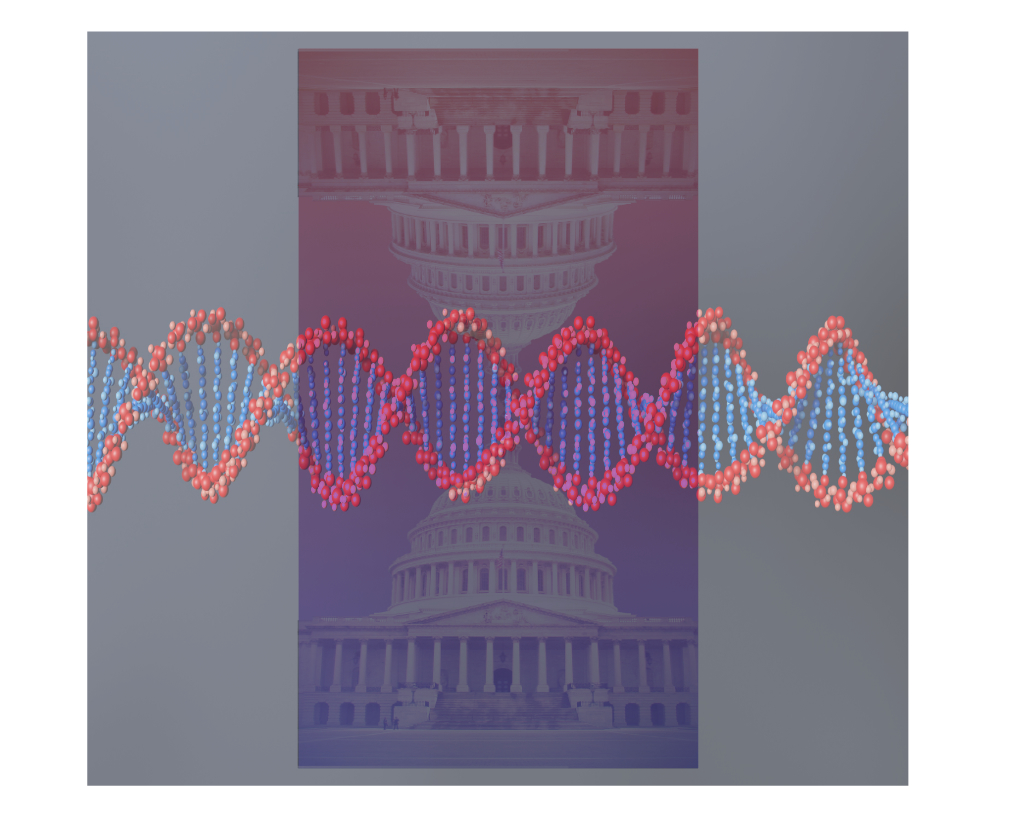One might claim that a metaphysical commitment to strong determinism is only porous to quantum indeterminacy or atomic indeterminacy (decay behavior for instance). Those two can be lumped together and simply called subatomic indeterminacy or something. Everything else is conceptually derivative of state evolution and therefore deterministic. So does that mean that my model for R fails unless I can invoke these two candidates? My suggestion of amplifying thermodynamic noise doesn’t really cut the mustard (an amusing semantic drift from pass muster, perhaps) because it only appears random and solely characterizable by these macroscopic variables like pressure and temperature, not because it actually is random in the molecule swirl.
But I can substitute an atomic decay counter for my thermodynamic amplifier, or use a quantum random number generator based on laser measurements of vacuum fluctuations. There, I’ve righted the ship, though I’ve jettisoned my previous claim that randomness is not necessary for R’s otherwises. Now it is, but it is not sufficient because of the need for a device like the generative subsystem that uses randomness in a non-arbitrary way to revise decisions. We do encounter a difficulty in porting subatomic indeterminacy into a human analog, of course, though some have given it a try.
But there is some new mathematics for causal emergence that fits well with my model. In causal emergence, ideas like necessity and sufficiency for causal explanations can be shown to have properties in macroscale explanations that are not present at microscales. The model used is a simple Markov chain that flips between two states and information theory is applied to examine a range of conceptual structures for causation running from David Hume’s train of repeating objects (when one damn thing comes after another and then again and again, we may have a cause), up through David Lewis’s notion of counterfactuals in alternative probabilistic universes (could it have happened that way in all possible worlds?),… Read the rest









